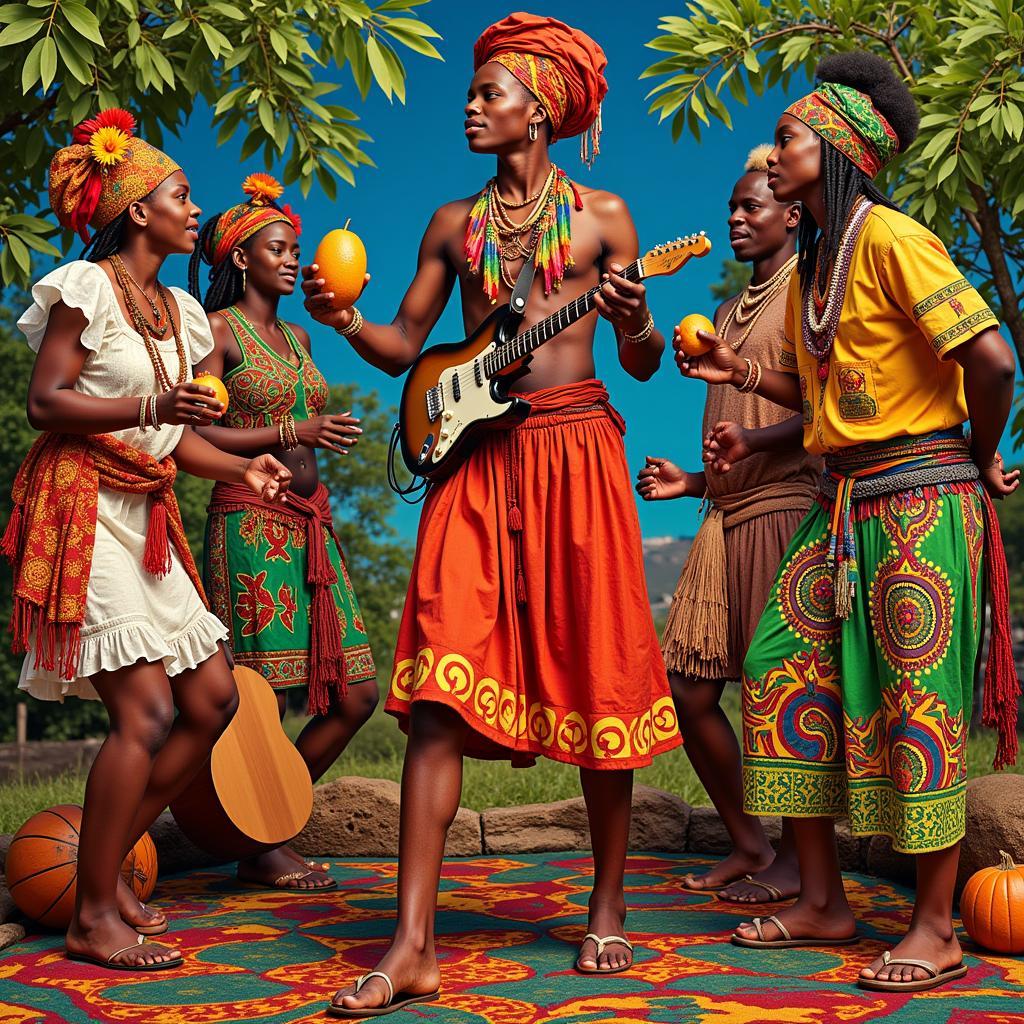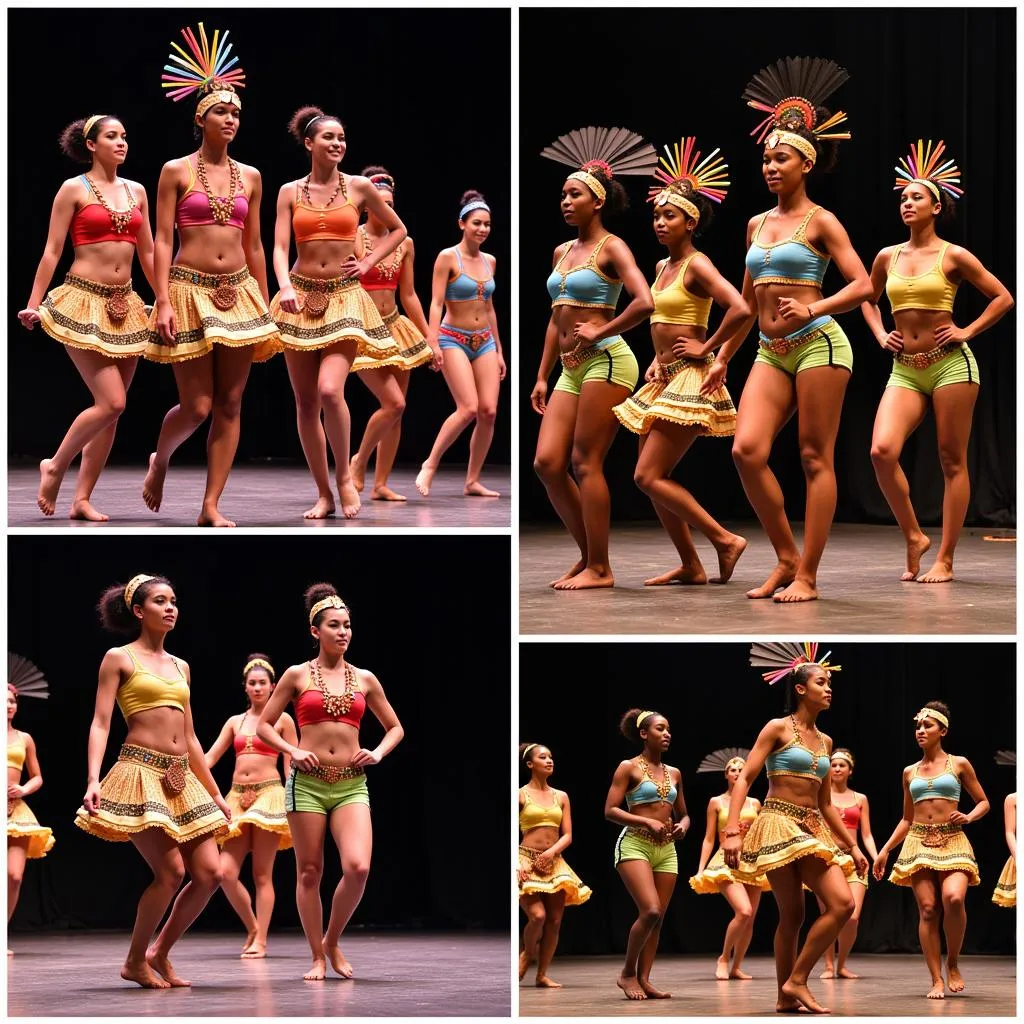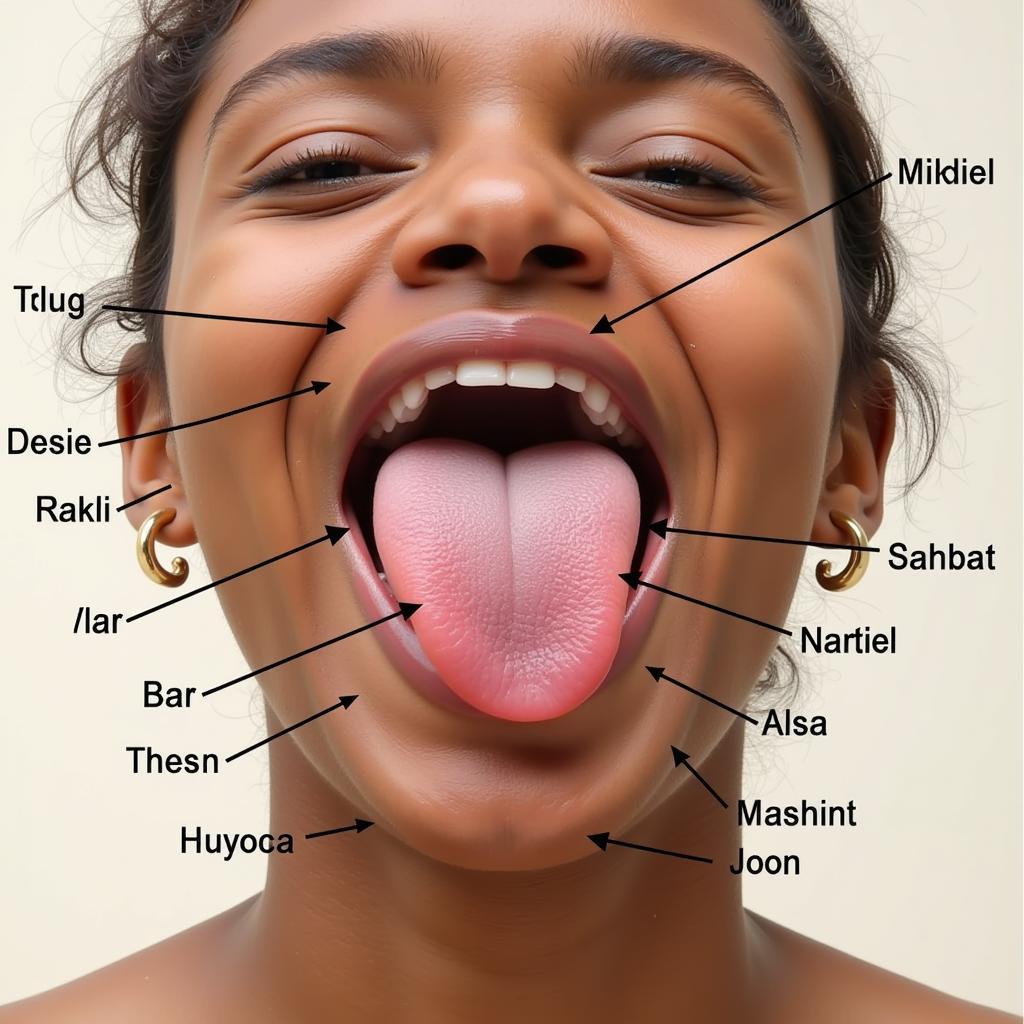Exploring African Collective Identity
African Collective Identity is a complex and multifaceted concept, shaped by a rich tapestry of shared history, culture, and experiences. It’s a sense of belonging that transcends national borders and unites people of African descent across the globe. From the vibrant rhythms of traditional music to the intricate patterns of ancient art, the threads of this shared identity are woven deep into the fabric of African Life. This article delves into the various aspects that contribute to this powerful sense of unity.
The Historical Roots of African Collective Identity
The concept of a shared African identity has its roots in the shared experiences of colonialism, slavery, and the struggle for independence. These historical events, while undeniably traumatic, forged a sense of solidarity and shared purpose among Africans. The Pan-African movement, which emerged in the early 20th century, played a crucial role in promoting the idea of a unified African identity and advocating for the liberation of the entire continent. This movement sought to connect people of African descent worldwide, fostering a sense of belonging and shared destiny. african american capitalized helped shape the conversation about identity during this time.
The Impact of Pan-Africanism
Pan-Africanism, with its emphasis on unity and self-determination, helped solidify the concept of an African collective identity. Leaders like Kwame Nkrumah and Marcus Garvey championed the cause of a unified Africa, inspiring generations to fight for freedom and self-governance. This shared struggle further cemented the bonds of a collective identity, uniting people across geographical boundaries.
Cultural Expressions of African Collective Identity
African culture, in its myriad forms, serves as a powerful expression of collective identity. From the vibrant rhythms of traditional music to the intricate storytelling traditions passed down through generations, these cultural expressions bind Africans together. african community thrives on shared artistic expressions.
The Power of Music and Dance
Music and dance play a vital role in expressing and reinforcing African collective identity. Rhythmic drumming, soulful singing, and energetic dances often tell stories of shared history, struggles, and triumphs. These artistic forms transcend language barriers, communicating emotions and experiences that resonate deeply within the collective consciousness.
The Significance of Oral Traditions
Storytelling, proverbs, and oral traditions play a crucial role in preserving and transmitting African cultural heritage. These narratives often carry important messages about values, beliefs, and shared history, reinforcing the sense of collective identity. african child chapter by chapter summary highlights the importance of oral traditions in shaping identity.
Challenges to African Collective Identity
While the concept of a shared African identity is strong, it also faces certain challenges. The diversity of cultures, languages, and experiences across the continent can sometimes create divisions. Furthermore, the legacy of colonialism and the ongoing impact of globalization can pose threats to traditional values and cultural practices.
Navigating Diversity and Division
Despite these challenges, the underlying sense of African collective identity remains resilient. Efforts to promote cultural exchange, inter-African cooperation, and Pan-African ideals continue to strengthen the bonds that unite people of African descent. african flag emoji represents a visual symbol of this unity.
What does African collective identity mean?
African collective identity refers to the shared sense of belonging and unity among people of African descent, based on their common history, culture, and experiences.
How is African collective identity expressed?
African collective identity is expressed through various cultural forms such as music, dance, art, literature, and oral traditions.
Why is African collective identity important?
African collective identity is important because it fosters a sense of unity, pride, and solidarity among Africans, empowering them to address shared challenges and celebrate their rich heritage.
Conclusion
African collective identity is a powerful force that transcends national borders and unites people of African descent worldwide. It is a dynamic and evolving concept, shaped by a shared history, vibrant culture, and ongoing struggles. By acknowledging the challenges and celebrating the strengths of this collective identity, Africans can continue to build a future grounded in unity, resilience, and a deep appreciation for their shared heritage. african blackish is a good example of exploring these themes in a modern context.
FAQ
- What is the role of language in African collective identity?
- How does globalization impact African collective identity?
- What are some examples of Pan-African initiatives?
- How can we promote greater understanding of African collective identity?
- What are the future prospects for African collective identity?
- How does African collective identity intersect with national identities?
- How does education contribute to shaping African collective identity?
For further assistance, please contact us at Phone Number: +255768904061, Email: kaka.mag@gmail.com or visit our address: Mbarali DC Mawindi, Kangaga, Tanzania. We have a 24/7 customer service team.



